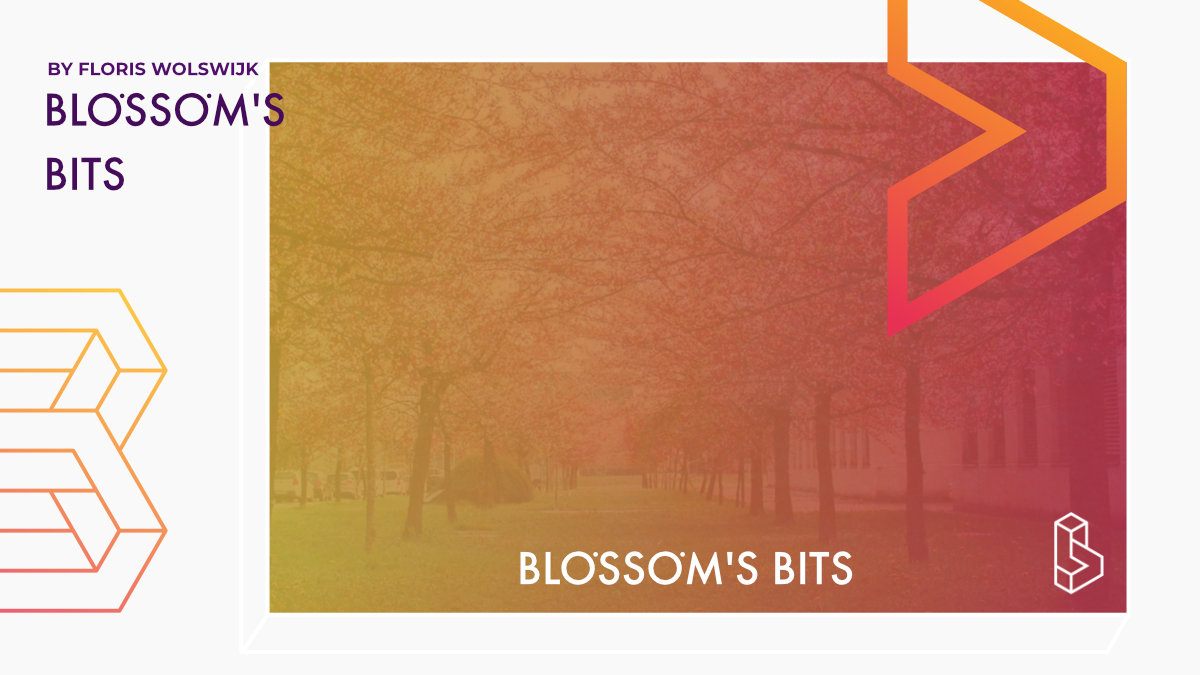212 people.
That is the number of people that have gone through psychedelic trials for which we have data that extends beyond three months.
We need more data if we want psychedelic-assisted therapy (PAT) to scale.
Here is how I got to the 212 number.
The 212 people we have data from come from the following studies
All the studies covered here are clinical trials. In other words, observational studies (e.g., from ibogaine clinics) or (prospective) survey studies are excluded.
About half the participants come from the MAPS MDMA-AT for PTSD Phase II trials. The pooled data of 91 participants show an increase in remission (PTSD score below a certain threshold) from 56% at the study end to 67% at the 12-month mark.
Follow-up | Sleep data | Qualitative Data
An additional 16 participants from the Phase I trial have been followed up on average 4 years (45 months) after the study. The headline number reported is that 74% saw a continued meaningful improvement.
Follow-up | Original Study | Trial
A third study funded by MAPS looked at MDMA-AT for couples where one partner had PTSD. The analysis six months out reports positive findings, but with only 12 participants (6 couples), there are no statistical analyses.
Follow-up | Original Study | Trial
Several trials with psilocybin also find positive long-term outcomes. A 12-month follow-up of the psilocybin-AT trial for depression finds a response of 75% (usually defined as >50% decrease in symptoms) and remission of 58%.
Follow-up | Original Study | Trial
Similar results have been found for those battling life-threatening cancer. 16 of the original 29 participants provided data 4 years later (45 months). They reported a 60% response and 50% remission (measured with BDI).
Follow-up | Other Follow-Up | Qualitative Data | Other Qualitative Data | Original Study | Trial
A trial from the team at Imperial College London followed up six months after psilocybin treatment with psychological support. At that time, 31% showed a response (vs 47% at 5 weeks). Noted should be that from the 19 participants, five obtained psilocybin, five sought out therapy, and six started antidepressants again (after the first 5 weeks).
Follow-up | Original Study | Trial
Psychedelics for smoking cessation look promising. A follow-up with 15 participants shows 67% smoke-free at 12 months and 60% at 30 months.
Follow-up | Qualitative Data | Original Study | Trial
An interview study 12 months after LSD for anxiety related to life-threatening cancer showed that 78% (7 out of 9) reported continued reductions in anxiety.
Follow-up | Original Study | Trial
A clinical trial with ayahuasca finds that five years later, participants found the experience to be one of the most meaningful of their lives. Alas, the interviews indicate positive effects subsided after about five weeks. None of the eight participants sought out ayahuasca after the study.
Follow-up | Original Study | Trial
What is next?
This is the data that is available from published research papers.
Long-term follow-up is expected to happen in many ongoing trials (e.g., MAPS Phase III). Still, other big trials notably lack any indication of following up with participants (e.g., COMPASS Phase IIb).
I’ll write more about what long-term data we can expect soon.
Become a psychedelic insider
Get a Pro Membership to enjoy these benefits & support Blossom📈 full reports on Topics & Compounds
🧵 full summary reviews of research papers
🚀 full access to new articles
See Memberships

